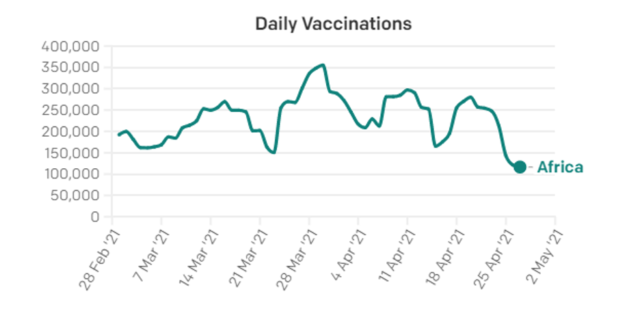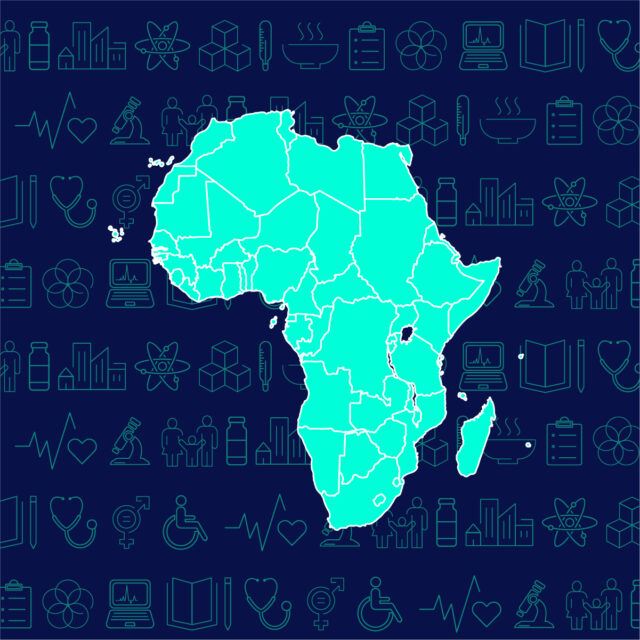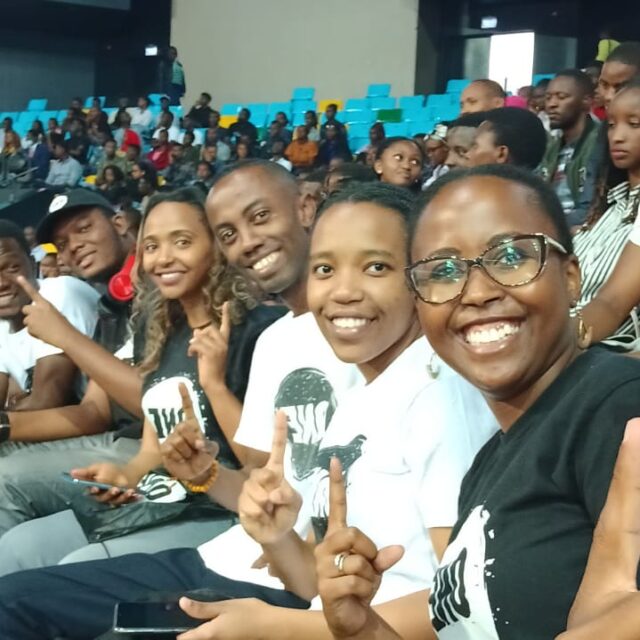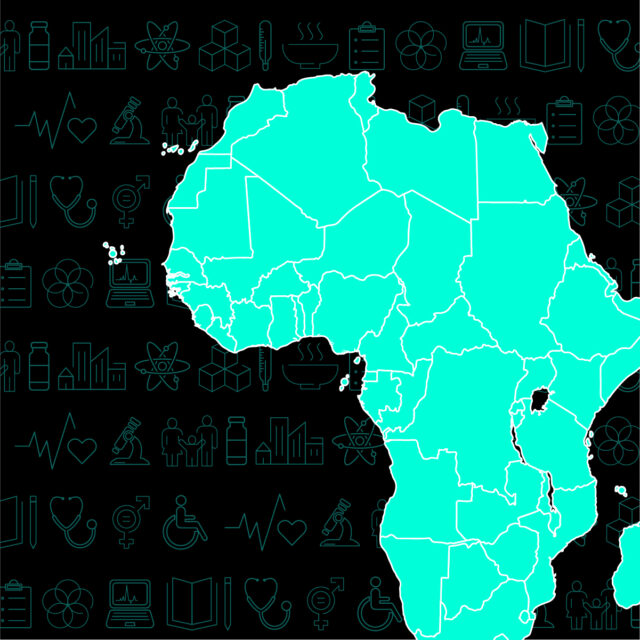A roundup of the latest news, stats, and analysis of COVID-19’s impact in Africa. View our data tracker and sign up for our weekly newsletter, and read on for how COVID-19 has accelerated learning poverty, where African stimulus money is going, and what’s happening to military spending.
Top news
Through the cracks: Half the world’s 10-year-olds can’t read and understand a simple sentence. ONE, Save the Children, and the Global Partnership for Education launched a new tool this week called the Lost Potential Tracker, which shows the true extent of the challenge. When children hit their 10th birthday, they should stop learning to read and start reading to learn. This is a crucial milestone that sets children up for a life of innovation, creativity, and self-improvement. For those without the basic skills, they fall further and further behind. Before COVID-19, 87% of children in sub-Saharan Africa were falling through the cracks, according to World Bank and UNESCO figures.
Faultlines widen: COVID-19 has made an already bad situation worse. With billions out of school, those without internet access are the most affected. Children in South Sudan have missed one-sixth of their total schooling. Globally, the pandemic has increased the number of children who can’t read by 12 million, meaning that this year, over 70 million children under the age of 10 won’t be able to read and understand a simple story. ONE is calling for leaders to step up and fully fund the Global Partnership for Education ($5 billion over five years).
Hit the brakes: In the wake of India’s COVID-19 surge, ONE’s Africa Tracker shows the extent of the decline in vaccine rollouts in Africa. Last Sunday, shots fell to their lowest level since 23 March and have continued falling since.

David beats Goliath(s): A school with students from the Kibera slums in Kenya beat out some of the best-resourced schools in Nairobi. Two students from Shofco Kibera School scored in the top 10 in Nairobi, and a third student scored in the top 25. The school credits a number of strategies for this success, including community learning, provision of key materials, and pairing low-performing students with higher performing students.
Wind back the clock: Vaccine hoarding could set Africa back by five years, UNECA Chief Vera Songwe said in an interview with Bloomberg. Her analysis suggests that lack of access to vaccines will keep barriers to travel and business in place, slow trade, and hamper investments that could prevent the creation of 26 million jobs.
Outstripped: The supply of COVID-19 vaccines will outstrip demand in six of the seven G7 countries this summer, according to new analysis from ONE. This further makes the case for why these countries should share doses ASAP. Spoiler alert: Japan is the outlier.
The 99%: Africa imports 99% of its vaccines — and the pandemic has created an impetus for this to change. A conference of 40,000 researchers and scientists kickstarted fresh thinking on vaccine manufacturing and endorsed a proposal for 60% of vaccines to be made in Africa by 2040. Ghana’s drugmakers have approached AstraZeneca about manufacturing vaccines locally. BioNTech is also looking at vaccine production sites in Africa to expand its supply network.
Carpe diem: The African Development Bank has said the pandemic provides an opportunity for East African countries to restructure their debts. Lengthening maturities and taking advantage of low interest rates could be a smart move, said Nnenna Nwabufo, African Development Bank director general for East Africa.
Too big to fail: 63% of bailouts are going to big business, according to a new tracker from the Financial Transparency Coalition. The campaign group surveyed nine countries, including Kenya, South Africa, and Sierra Leone. In Kenya, 92% went to corporations. Sierra Leone fared slightly better at 74% — but that proportion increased to 92% when taking into account funds that have actually been allocated. South Africa allocated one-third to social protection. Few corporate stimulus measures were gender-sensitive.
The big guns: World military expenditure stands at an estimated $1,981 billion. This is the highest level since the Stockholm International Peace Research Institute started tracking the number. Back in 2019, think-tank SDSN put the cost of achieving the Sustainable Development Goals in low-income countries at less than a quarter of that, or $400 billion.
Mario takes over the plumbing: Italian Prime Minister Mario Draghi will host this year’s Finance in Common Summit, an effort kicked off by French President Emmanuel Macron to redesign the sprawling pipes that are the world’s development finance institutions and ensure they are funding systemic, Paris-compliant change, rather than random leaky projects.
The numbers
- 87%: the percentage of children in sub-Saharan Africa who can’t read and understand a simple sentence aged 10.
- 116,583: the number of vaccine doses administered in Africa on Wednesday. The lowest rate since vaccinations started in March.
Other reads
- The international community has one job right now: To get COVID-19 under control. Amanda Glassman lays out an agenda for what they should do.
- The Brookings Institution is proposing a “Access to Pandemic Tools Accelerator” to provide more funding for diagnostics, vaccines, therapeutics, and health systems — plus a pillar for economic assistance and a pillar to combat structural inequalities. They also have recommendations for an improved version of COVAX, called POVAX.



